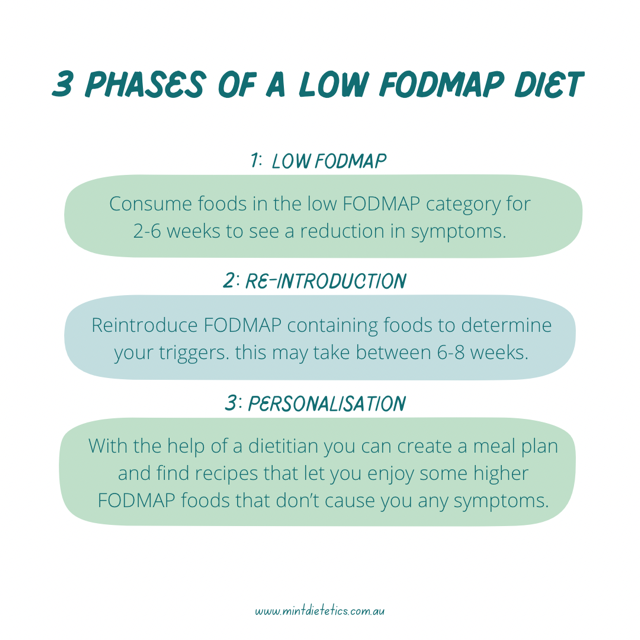Good Gut Bacteria and PCOS
- Jenny Jacobs

- Jul 14, 2021
- 2 min read

Polycystic Ovarian Syndrome (PCOS) is a common condition that affects 8-13% of women of reproductive age. It is linked to increased risk of infertility, as well as obesity and insulin resistance. It has an increased likelihood of prevalence in higher risk populations including Indigenous women. The cause of PCOS remains unclear, however its link to infertility continues to inhibit many women from falling pregnant as well as causing many other symptoms. Symptoms of PCOS may be different for everyone and may even change with age, they typically arise during puberty. Common signs and symptoms affect many processes of the body.
Hormonal Balance
PCOS is characterised by a hormonal imbalance specifically affecting insulin and androgen in the body. Insulin is responsible for regulating blood sugar levels in response to eating. A common feature of PCOS is insulin resistance. Insulin resistance means the body does not effectively use insulin to control blood sugar levels, as a result more insulin is produced by the body. Androgens are produced because of increased insulin. Androgens include hormones such as testosterone which is produced in the ovaries. Higher levels of these androgens lead to symptoms such as acne, increased body hair growth and scalp hair loss.
Fertility and Menstruation
Different menstrual disorders can occur in PCOS including amenorrhea (absence of menstruation), oligomenorrhea (menstrual cycle lasting for more than 35 days) or even menorrhagia (heavy menstrual bleeding). These factors increase the likelihood of infertility by affecting your ability to ovulate.
Mental Health
Women with PCOS have been reported to experience effects on their mental health including low self-esteem, and poor body image. Studies have shown the link between increased risk of moderate and severe depression and anxiety symptoms in women with PCOS compared to women without PCOS.
How the Gut Microbiome Impacts PCOS
The gut microbiome has been linked with PCOS symptoms. The gut microbiome consists of a complex community of bacteria, fungi, and viruses in the large intestine. These promote digestion and metabolism, immune regulation, hormone balance, and other functions in the body. There are good and bad gut bacteria which typically stay balanced, however if this balance is disrupted it is referred to as dysbiosis. This is commonly found in women with PCOS and may be worsened with insulin resistance.
Dysbiosis can involve an increase in the “bad” bacteria in the gut which leads to increasing lipopolysaccharide (LPS) and the increase of inflammatory effects. Low grade inflammation has been found to be linked to PCOS and worsening symptoms. Changes in gut microbiome have been shown to affect women with PCOS who are of normal weight and/or obese.
Improving your gut health is one remedy for managing your PCOS symptoms.
To prevent symptoms of poor gut health a non-invasive approach to managing PCOS is through diet and lifestyle habits. A healthy diet consisting of less processed foods, limited alcohol, and high fibre intake has been shown to promote good bacteria. Probiotics may also help restore balance of good bacteria in the gut as well as reduce inflammation.
PCOS is largely associated with an imbalanced gut microbiome. Individual differences occur in symptoms of PCOS which may be causing you to struggle to find the right help. Personalised assistance may be necessary for you to understand your gut microbiome and how it can impact PCOS and fertility.


%20-%202025-01-10T222601_189.png)



Comments